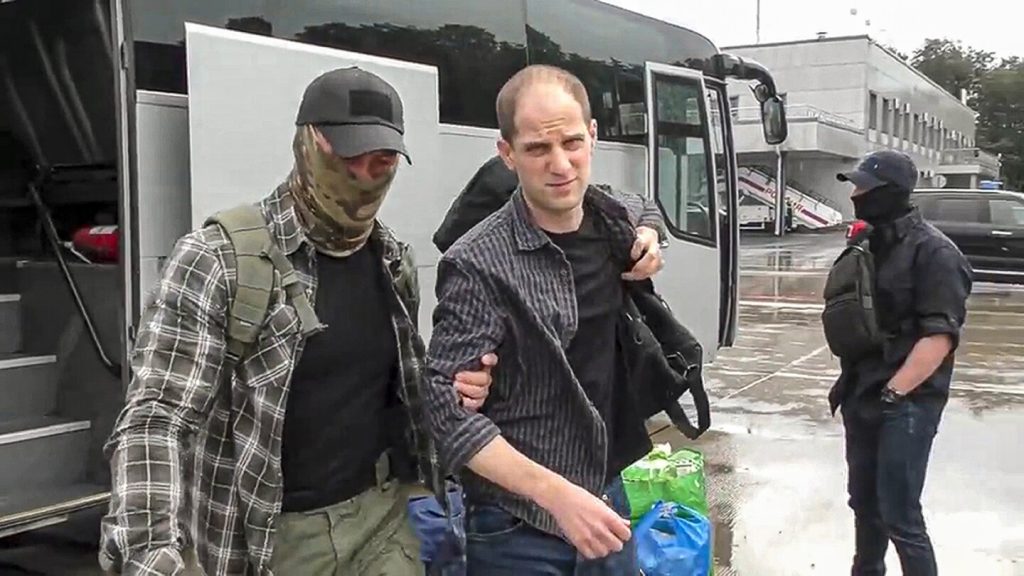The United States and Russia have completed their largest prisoner swap since the end of the Cold War, with Moscow releasing journalist Evan Gershkovich, American Paul Whelan, and a group of dissidents in a multinational deal involving two dozen people. Despite tensions between the two countries following Russia’s invasion of Ukraine in February 2022, negotiators were able to arrange a complex exchange that required significant concessions from European allies. The deal included the release of Russians charged with serious crimes in exchange for the freedom of journalists, dissidents, and others seen as political prisoners by the West.
President Joe Biden hailed the prisoner swap as a diplomatic success, emphasizing the importance of protecting Americans both at home and abroad. The exchange involved the release of Gershkovich, a reporter for The Wall Street Journal who was jailed in 2023 on espionage charges, which both he and the U.S. government denied. Other prominent figures who were freed in the swap included Paul Whelan, a corporate security executive imprisoned since 2018, as well as Radio Free Europe/Radio Liberty journalist Alsu Kurmasheva, and several associates of Russian opposition leader Alexei Navalny.
Among the Russians released by Moscow were individuals convicted of serious crimes, including a convicted assassin and suspected spies. The deal involved seven nations in total, orchestrated in Ankara during the final months of Biden’s administration. The negotiations were particularly challenging, especially after the death of Navalny, as officials scrambled to finalize an agreement that satisfied all parties involved. The swap marked a significant milestone for the Biden administration, which has prioritized the return of Americans wrongfully detained overseas.
The prisoner swap also drew attention to the delicate balance in such exchanges, as the U.S. and its allies had to make substantial concessions to secure the release of their citizens. Former President Donald Trump criticized the deal, falsely suggesting that cash had been given to Russia in exchange for the prisoners. Despite such criticisms, the successful completion of the swap highlighted the importance of international cooperation in resolving complex diplomatic issues and protecting the rights of individuals caught in geopolitical conflicts.
The release of Evan Gershkovich and other prisoners affected by the swap was met with relief and joy by their families and supporters. The intricate negotiations involved multiple countries and required careful navigation of diplomatic challenges. As the U.S. government continues its efforts to bring home Americans detained unjustly abroad, the success of this prisoner exchange serves as a reminder of the complexities involved in such high-stakes negotiations and the significance of diplomatic engagement in resolving international disputes.


